Topics
Your Spring Planning Guide: 6 Steps for Successful Summer Gardens
Seasonal gardeningWell-planned gardens save a lot of work, trial and error, and money. Impulse shopping for plants and materials can be fun, but if you don’t have a plan, your seeds and new plants may go to waste. Spring planning is a good way to get a head start on the summer growing season. It doesn’t take a lot of time, but it will help you to anticipate your needs ahead of time and set your garden up for success.

6 Steps to Prepare for Your Summer Garden
Take stock
Consider what your budget is, and what you’ll need to buy for the upcoming year. Do you need to do any maintenance on fences, irrigation systems, or equipment? Will you need to replace supports, buy netting to keep the birds out, or set up a new raised bed? Consider both cost and time.
Choose the right seeds
If you’re planning a flower garden, you’ll want to consider factors like bloom times, colors, and heights so that you can have a good variety. Think about harvest times for vegetables and whether you’ll want to do any succession planting. Companion plants can improve the yield and success of your garden, so choose plants that grow well together.
Start your seeds
Consider your climate, frost times, and the needs of your seeds when considering the timing of starting seeds indoors and outside. Don’t forget to allow time to harden off any seeds you’ve started indoors so that they get the best start.
Plan your garden layout
Consider the light needs of your plants, how much room they will take up when they are fully grown, and how far away your garden is from your house, your watering system, and your tool shed. Drawing things out on a sheet of paper can help you to visualize your space.
Note: Don’t make the mistake of simply repeating last year’s garden. Crop rotation, even in a small space, is important to reduce disease and balance nutrients in the soil.
Clear beds and cultivate the soil
Planning ahead also includes getting your soil ready for the new plants. Clear cover crops and turn under the plant residue as green manure. Add any needed soil amendments like compost to enrich your soil. Fully remove any weeds that have taken up residence.
Plan for irrigation
Save yourself a lot of work by setting up an irrigation system ahead of time. A simple garden hose or watering can might be appropriate for a small space but will be exhausting and inefficient in a larger garden.
Just like most things in life, planning ahead will save you a lot of frustration and set you up for success in the garden. It’s all about anticipating your needs ahead of time and saving time, energy, and money. And, of course, having a lot more fun!






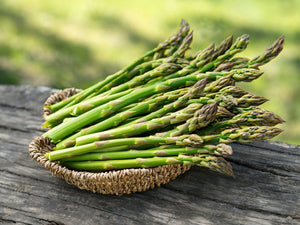
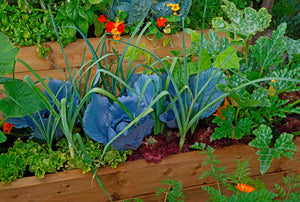
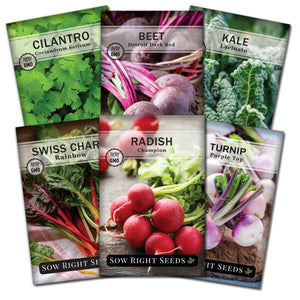
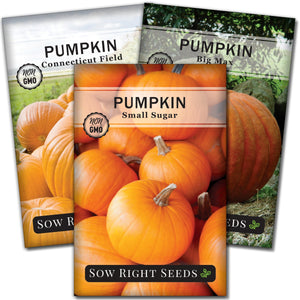
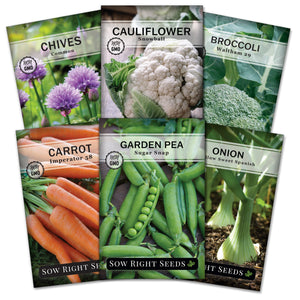
Leave a comment